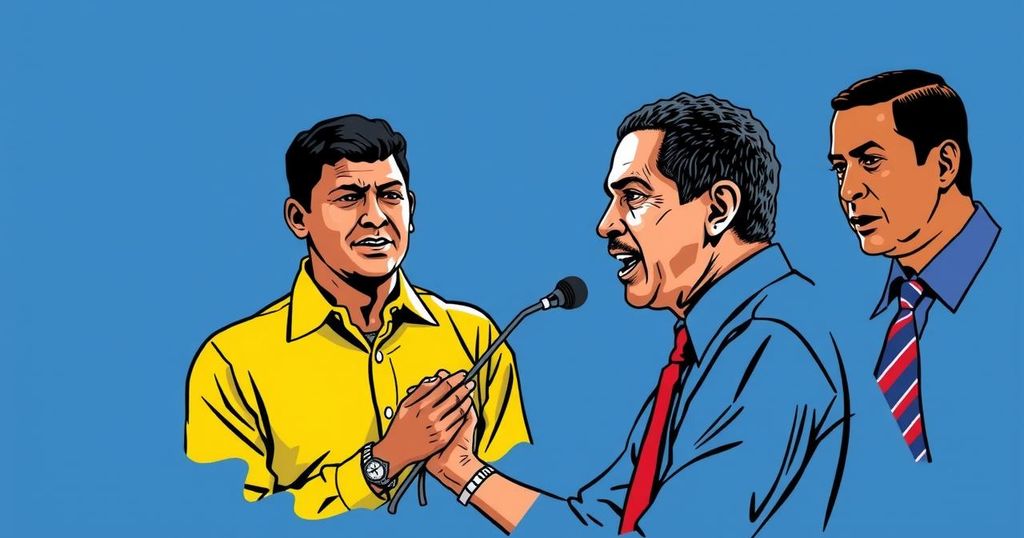U.S. Imposes Sanctions on Maduro Officials to Enforce Election Results

The U.S. has imposed new sanctions on over 20 officials linked to Venezuela’s President Maduro, aiming to compel the regime to acknowledge the outcomes of the recent presidential election. This action, coinciding with the official recognition of Edmundo Gonzalez as the president-elect, reflects the Biden administration’s ongoing commitment to supporting democratic processes in Venezuela against a backdrop of significant political oppression.
On Wednesday, the United States revealed its latest imposition of individual sanctions against over 20 officials connected to Nicolas Maduro’s regime in Venezuela. This action, motivated by the recent July presidential election outcomes, intends to compel Maduro to recognize the election results. Senior administration officials expressed optimism that these sanctions may incentivize Venezuelan officials to distance themselves from the Maduro government, thus facilitating a transition to democracy in the country.
The sanctions specifically target two military branches: the Bolivarian National Guard and the Bolivarian National Police, alongside other segments of the security forces. Notable individuals affected include Anibal Coronado, Maduro’s newly appointed chief of staff, Communication Minister Freddy Ñañez, and Alexis Rodriguez, the head of intelligence services. The sanctions are part of broader U.S. efforts to hold Maduro’s regime accountable for ongoing political repression and democratic violations.
This announcement follows the U.S. declaration of Edmundo Gonzalez as Venezuela’s president-elect after the contested election on July 28. Secretary of State Antony Blinken emphasized that the Venezuelan electorate’s decision should be respected. While some sanctions related to oil trade with Venezuela persist, there are considerations for potential adjustments involving specific companies, including Chevron.
Historically, U.S. sanctions against Venezuelan officials have been in place since the crisis began in 2017, with Maduro himself facing charges of drug trafficking and terrorism. The U.S. Justice Department has offered a substantial reward for information leading to his capture. The Biden administration remains committed to promoting democracy in Venezuela and intends to hold the regime responsible for its oppressive actions.
The topic of U.S. sanctions against key Venezuelan officials stems from ongoing concerns regarding democracy and human rights within Venezuela, particularly regarding President Nicolas Maduro’s authoritarian governance. Following elections that have been widely disputed, the U.S. government, under President Biden, has pursued a strategy that includes imposing sanctions to pressurize the Maduro regime into recognizing democratic processes and facilitating a smoother transition toward a more legitimate governance structure. The sanctions target officials involved in maintaining the regime’s grip on power, especially in the military and security sectors, while the international community observes the developments closely.
In conclusion, the U.S. has implemented further sanctions against Maduro-aligned officials as a strategic move to encourage adherence to democratic principles in Venezuela. With significant players like Edmundo Gonzalez recognized as the president-elect, these sanctions aim to weaken the Maduro regime’s hold on power and foster an environment conducive to political change. The longstanding nature of these sanctions underscores the U.S. commitment to promoting democracy and accountability in Venezuela, even as transitions in U.S. administration loom on the horizon.
Original Source: www.cnn.com







